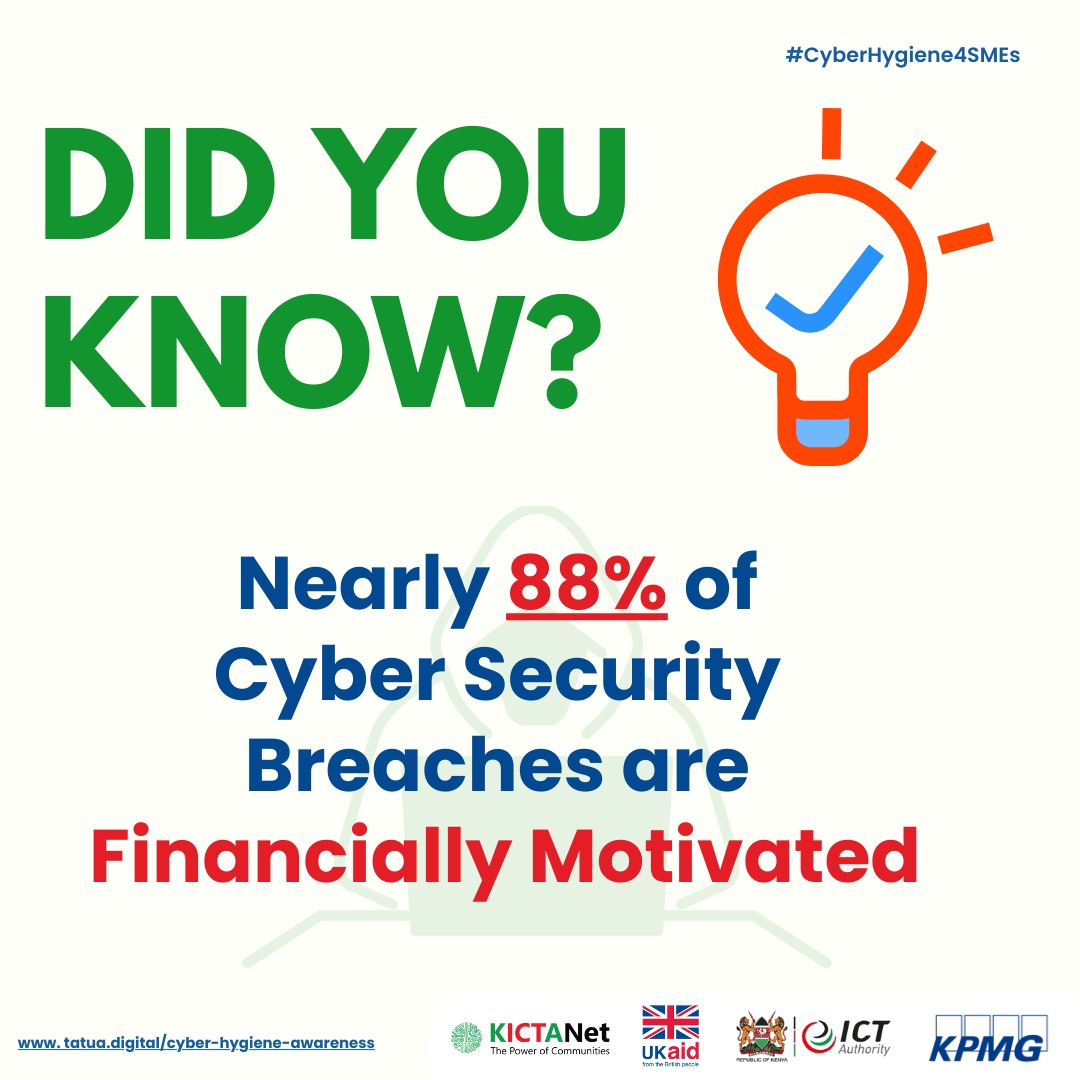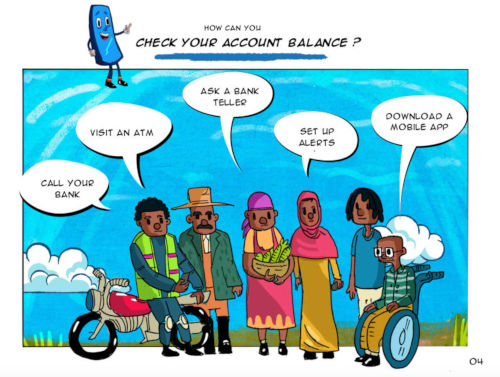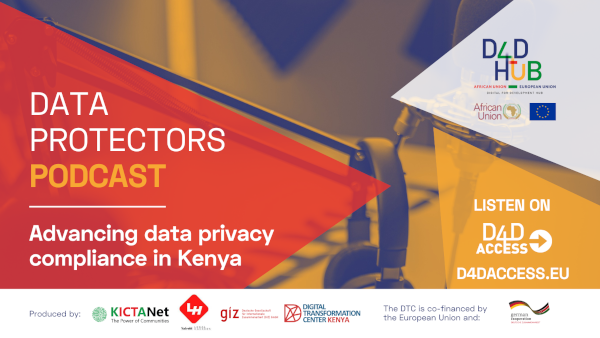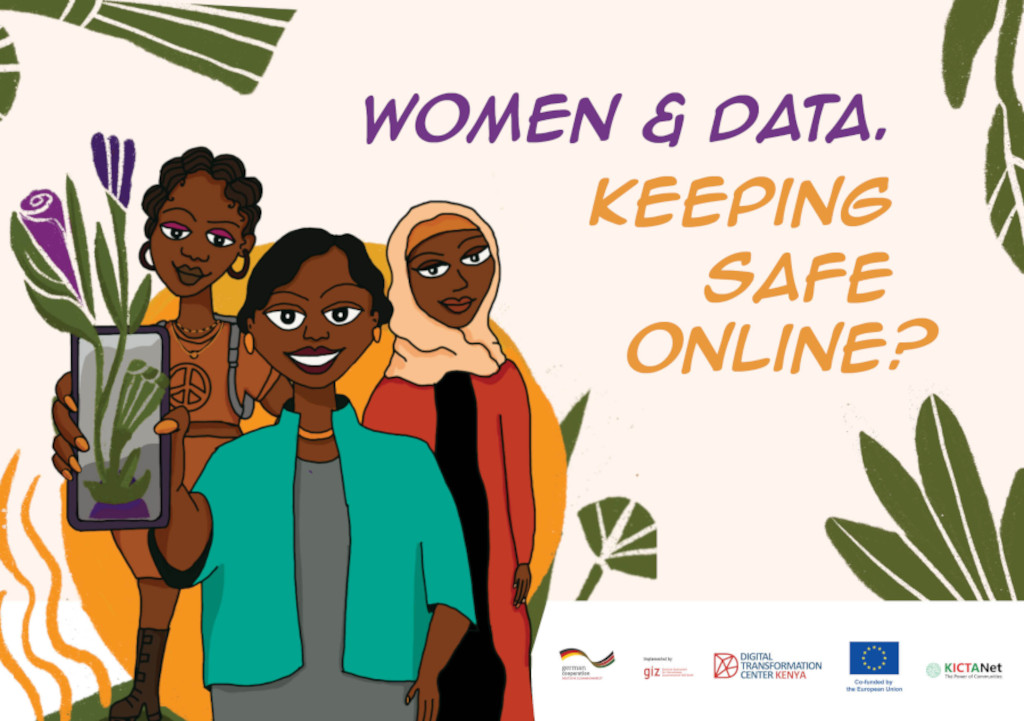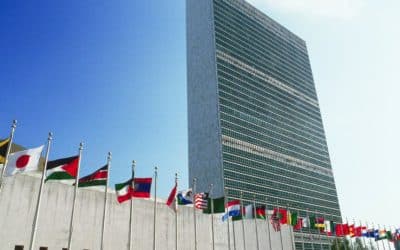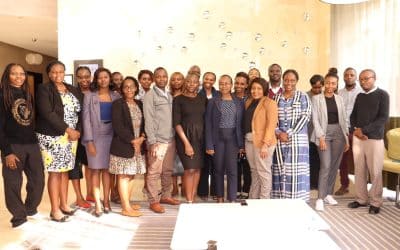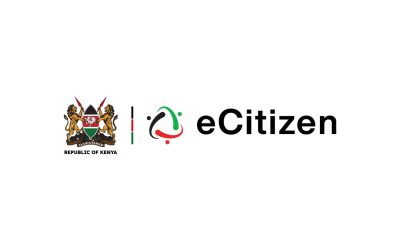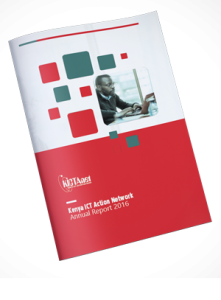KICTANET POST : Latest news, events & opportunities
UN Cybercrime Convention Negotiations Enter Final Phase
A summary of the status and implications of the UN Cybercrime Convention, and an invitation to a panel discussion featuring KICTANet and other experts.
![]()
Worldcoin Project: A Case for Regulatory Sandbox in Kenya Their Role and Opportunities
The Worldcoin Project, a controversial biometric-based cryptocurrency, sparks a debate on how to balance innovation and regulation in Kenya. A regulatory sandbox could be a solution.
![]()
Highlights: Training on Online Gender-Based Violence for Law Enforcement
Digitalization has increased instances and the intensification of online violence within the digital sphere due to anonymity, automation, remote action, easy accessibility, and dissemination. Consequently, victims are being silenced and pushed out of digital spaces....
What You Need to Know About Data Governance and Why it Matters
Data governance is a set of rules, procedures, and practices that leverage data as an asset for wealth creation. This article explains what data governance is and why it is important for both the public and private sectors.
![]()
Cyberattacks on Critical Infrastructure: What You Need to Know
Learn what critical infrastructure is, why it is important, and how cyberattacks can affect it. Find out the common types of cyberattacks and how to prevent them.
![]()
Policy Brief: Kenya’s Cybersecurity Capacity Building Needs Outlined
The “Mapping Kenya’s Cybersecurity Capacity-Building Needs” policy brief addresses the growing need for cybersecurity capacity-building in Kenya.
![]()
How to Best Represent Experiences of Persons with Disabilities.
Whilst browsing the internet, I stumbled upon two photos. The first photo showcased a woman wearing glasses and sitting in a wheelchair while using a laptop. I had planned to use this free stock photo for an article I was working on. It perfectly matched the theme and...
Kenya’s Cyberspace Under Attack: A Call for Multistakeholder Approach
Kenya’s cyberspace experienced a cyber attack from a group calling itself ‘Anonymous Sudan’, believed to be hired cyber-mercenaries from Eastern Europe. The attack targeted critical government and private sector services, causing servers to shut down. Defending against such attacks requires a deliberate, long-term, multistakeholder approach, as outlined in Kenya’s National Cybersecurity Strategy.
![]()
E-Citizen Attack: How Cyber Insecurity Enables Inaccessibility
The government of Kenya's e-services is under attack. The e-Citizen platform, which hosts several essential public services and sensitive data, came under a distributed denial of service (DDoS) attack. For days now, no one can access these crucial services online. A...
KICTANet is a multi-stakeholder Think Tank for ICT policy and regulation. The Think Tank is a catalyst for reform in the Information and Communication Technology sector. Its work is guided by four pillars of Policy Advocacy, Capacity Building, Research, and Stakeholder Engagement.
KICTANet’s mission is to promote an enabling environment in the ICT sector that is robust, open, accessible, and rights-based through multistakeholder approaches.
During the 2022 – 2024 strategic period, KICTANet has prioritised the promotion of effective multistakeholder participation; an enabling legal, policy and regulatory environment; building capacities and empowered communities; and institutional strengthening. KICTANet’s guiding philosophy encourages synergies in ICT policy-related activities and initiatives. As such, the network provides mechanisms and a framework for continuing cooperation, engagement and collaboration in ICT matters among industry, technical community, academia, media, development partners, civil society and government.
_____
Strategic Priority.
- Convening power. To strengthen and promote engagement, collaboration and relationships with relevant stakeholders (state, business and non-state actors).
- Promoting an enabling environment. To catalyse policy, legislative and regulatory reforms in the ICT sector.
- Building capacities and empowered communities. To build the capacity of the stakeholders across government, business society and civil society and the citizens.
- Institutional strengthening.
The report outlines the work undertaken in between 2007 and 2016 which is underpinned by crowd sourcing and community engagement
Click here to download the report
FACTS AND FIGURES
Achievement of the Network over the Years
Publications
Thought Leadership Forums
Persons trained
Policy Interventions
Conversations in KICTANET listserv
Active listers contributing often
Different conversation threads
Impressions on ICT policy discussions
Our Pillars
KICTANet’s organisational strategy:
Policy Advocacy
Capacity building
Research
Stakeholder engagement
We facilitate stakeholder engagement through collaborative initiatives in face-to-face Town Hall meetings, and in the KICTANet?s interactive mailing list where multiple stakeholders engage regularly on ICT policy issues.


